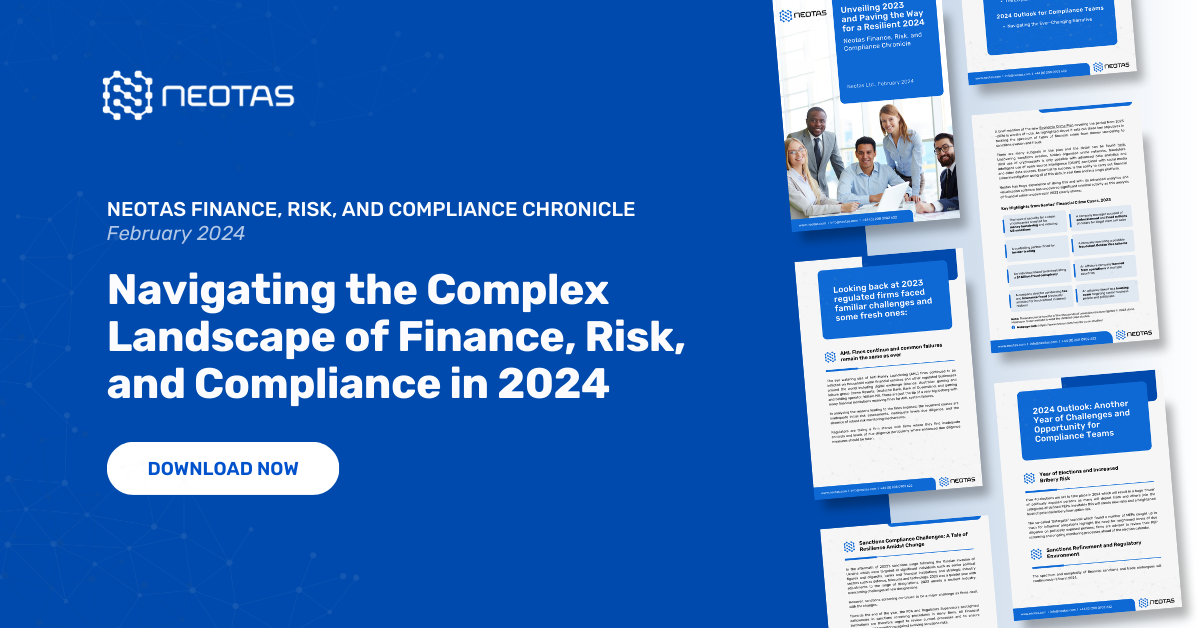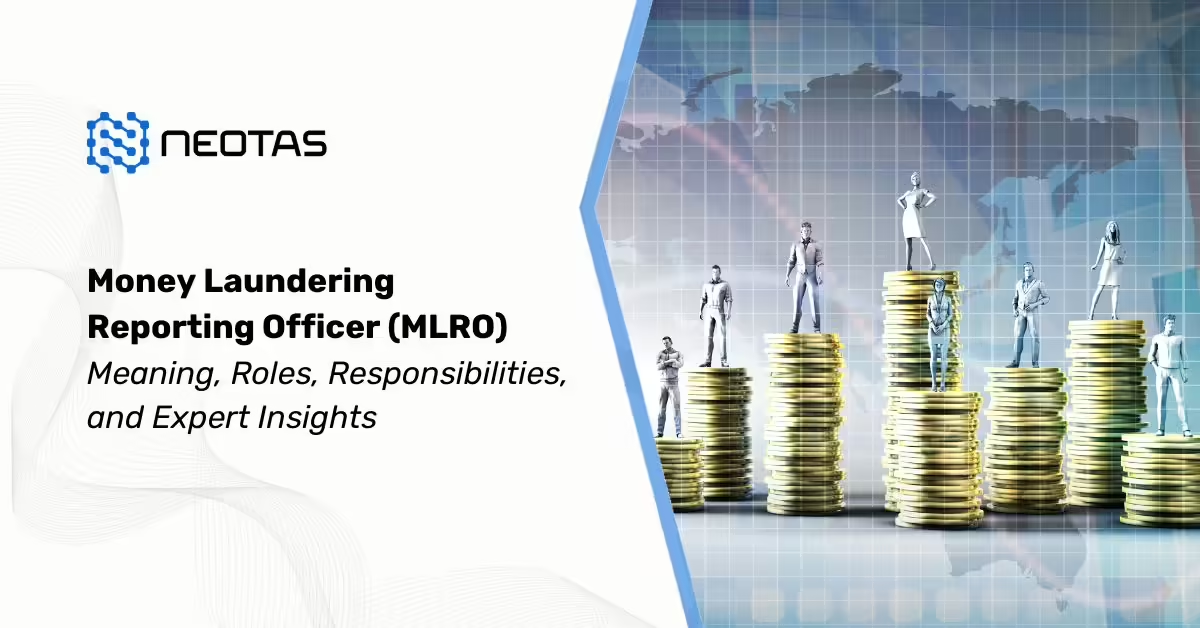Until recently, crimes tended to be committed away from the eyes of society and reported post-event through traditional channels. Over the past several years however, increased usage of social media platforms has seen a rise in ‘performance’ crimes in which individuals document their criminal behaviour for a public audience. Embracing this connected society, individuals are often observed to be operating online, often under aliases, in an environment in which they feel like they can live another life, say what they really think without dealing with the consequences, and post that controversial picture or video to get a reaction, all the while feeling anonymous and disconnected from ‘real-world crimes’ they are committing.
From murders on Facebook Live to radicalisation on Twitter and from top financial executives sharing confidential information over WhatsApp to 18 year old girls being arrested for trespassing and documenting their crime spree on SnapChat, the scale and scope of criminal activity being both enabled and documented on social media is increasing exponentially. Nevertheless while platforms are battling, along with law enforcement, to eradicate such content, the sheer volume is increasing more rapidly than resources permit.
At Neotas, we have been involved in a number of cases in which criminal activity has been identified and subsequently reported. Recently we received a request for an employee screening, a potential new recruit had been through traditional background checks and concluded two interview stages with no issues raised. Prior to the job offer letter being sent, Neotas were requested to complete a staff screening using only information provided on the subjects CV. The findings were eye-opening! The individual actively documented their entire life openly for the whole world to see, comment on and encourage. Of specific note, the following content was identified:
- The subject was identified through social media as being actively involved in football related violence. In one specific incident, the subject posted videos, images and commentary which positively identified themselves as being the individual responsible for an attack on police officers. The subject openly encouraged violence towards opposing teams, fans and police officers alike on a number of occasions.
- Significant discussions and media including videos and photographs relating to substance abuse, specifically Ketamine and Cocaine, was identified through social media platforms by the individual and key associates.
- The subject actively initiates, engages in and promotes sexist, homophobic and racist content including personally attacking individuals through their online accounts and profiles.
- The subject posted numerous confidential screenshots of his phone and work computer on social media. In a number of posts, client account details, email addresses and personal information were clearly visible and openly available.
As a result of the screening completed by Neotas, the subject was subsequently removed from the recruitment process, and in consultation with the client was reported to Crime Stoppers. The reason why this individual was able to pass traditional screening and not our screening processes is that they simply didn’t appear in any databases since they had never been caught and charged by the authorities.
While not everyone we screen raises the same number of alerts and flags as the individual above, the case is most certainly not unique. In fact over the past 3 months, more than 42% of all of the pre-employment staff, KYC and AML screenings processed by Neotas have had issues raised with them with, concerns and risk areas ranging from the criminal activities above, undisclosed Directorships, and source of funds etc. Based on this, our message to employers could not be clearer – Traditional checks are simply not enough anymore. Especially when individuals are actively posting their lives for all to see.
For individuals and prospective employees out there who cannot resist the temptation to post their entire lives online, this blog is not intended to suggest that you should monitor everything you put online, or that everything you say and do should be serious and not remotely humorous (we are certainly not here as the fun police!) What we are highlighting however is that more and more companies and individuals are looking at social media to make judgement calls on you to see if are suited for the job, course or even date. Therefore maybe it’s time to consider either keeping your profiles private or stop and think, “is that photo of me snorting cocaine on Twitter really such a good idea?”



 Financial Crime Compliance Trends 2024
Financial Crime Compliance Trends 2024












